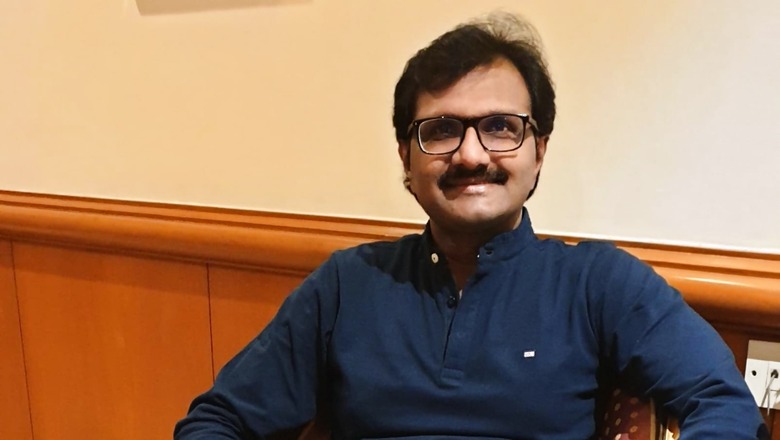
views
Amid the ongoing Biocon bribery controversy, the top officer at the drug regulatory agency of India, Dr S Eswara Reddy, has asked the health ministry to “render justice” to him and revoke his suspension orders, News18.com has learnt.
Dr Reddy, the joint drug controller general of India, was arrested by the Central Bureau of Investigation (CBI) in June on charges of accepting bribes for fast-tracking a drug approval for Bengaluru-based Biocon Biologics.
Following the arrest, Reddy – who has been working at the Central Drugs Standard Control Organisation (CDSCO) for the past 23 years – was suspended until further orders.
In September, the Delhi High Court granted bail to Reddy who has also served as the drug controller general of India (DCGI) — the chief of CDSCO — from February 2018 to August 2019.
In his letter, he has informed the ministry of health and family welfare that he was implicated in a “totally false case so as to deprive my promotion, tarnishing my image and damaging my reputation as an honest and sincere officer”.
He wrote in the letter that there is “no evidence” and facts of the matter are “distorted” either “deliberately or has not been able to comprehend the matter”.
“The allegations are vague and without my direct or indirect involvement in any of the happenings in which my name has been mentioned by others thereby showing a clear attempt to frame me for unknown reasons,” he said.
His letter enclosed a copy of the order of the High Court which shows the consideration given and the reservations expressed by the court to his pleas.
He has requested the ministry to “render justice” to him by putting forward certain points such as his previous track record.
“I have been working in CDSCO for about 24 years in various capacities holding responsible and confidential assignments from time to time proving my utmost sincerity, diligence, devotion to work and above all my honesty,” he said.
‘DCGI holds final power, no approval without his nod’
Reddy, in the letter, explained the procedure followed in CDSCO for placing matters before the subject expert committee (SEC) and how it becomes impossible to take decisions in favour of any company.
In a long note explaining the role of each department and expert panel including the subject expert committee, Reddy added that the final responsibility of approving or rejecting any drug is of the drug controller general of India (DCGI).
“…The joint drug controller (JDCI) submits the draft minutes for ‘in-principle approval’ by the DCGI, who in turn after finally verifying the contents forwards to the JDCI of SEC Division for further forwarding to all members of the SEC present in the relevant meeting through email for approval,” he said. “After receipt of approval through return mail, the SEC Division does upload the approved / formal minutes of the meeting of SEC on the website of CDSCO.”
His letter also clarified that SEC recommendations are not binding on CDSCO.
“It is very important to note that the recommendations of the SEC are not binding on the CDSCO for implementation, because it is the responsibility of the CDSCO to ensure quality of the product besides its safety and efficacy,” he said. “Only after satisfactory evidence with respect to the safety, efficacy and quality of the drug, are proven then only DCGI, the licensing authority, gives final approval for marketing. In other words, mere recommendation of SEC to a product does not per se mean that final approval for marketing of the said product has been granted.”
‘Change from data to protocol appropriate’
It was alleged that Reddy changed the word “data” to “protocol” in the minutes of the meetings while giving approval to Biocon.
He argued in the letter that the use of the word “protocol” is appropriate. In a subhead, titled “Policy of the Government regarding waiver of Local Clinical Trials”, he contended that there are explicit provisions for waiver of local clinical trials under sub-rule 7 of Rule 75 of New Drugs and Clinical Trials Rules 2019.
The guidelines, as per the letter, “clearly indicates that the company should generate immunogenicity data after placing the product in the market and as a part of post-approval Phase IV study”.
“The manner of gathering of data, during Phase IV study, is required to be specified in a protocol which needs to be submitted to the regulatory authority. Data has to be collected in accordance with the approved protocol. If no protocol has been approved, the collection of data becomes meaningless,” he said.
In view of the above, he wrote, “the use of the word “Protocol” is appropriate…”
Read all the Latest News India and Breaking News here


















Comments
0 comment